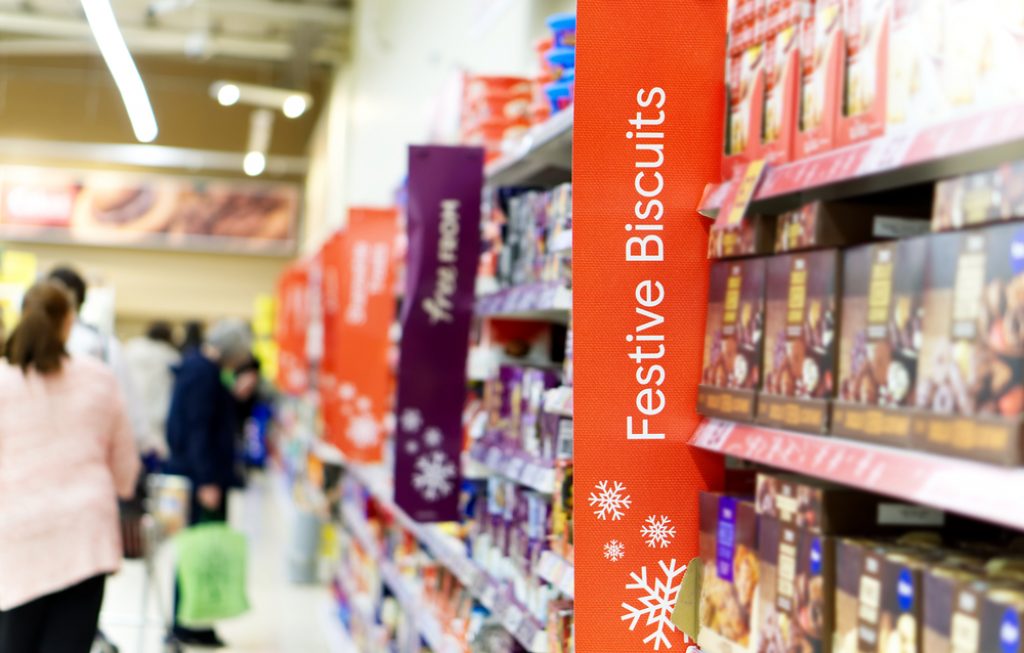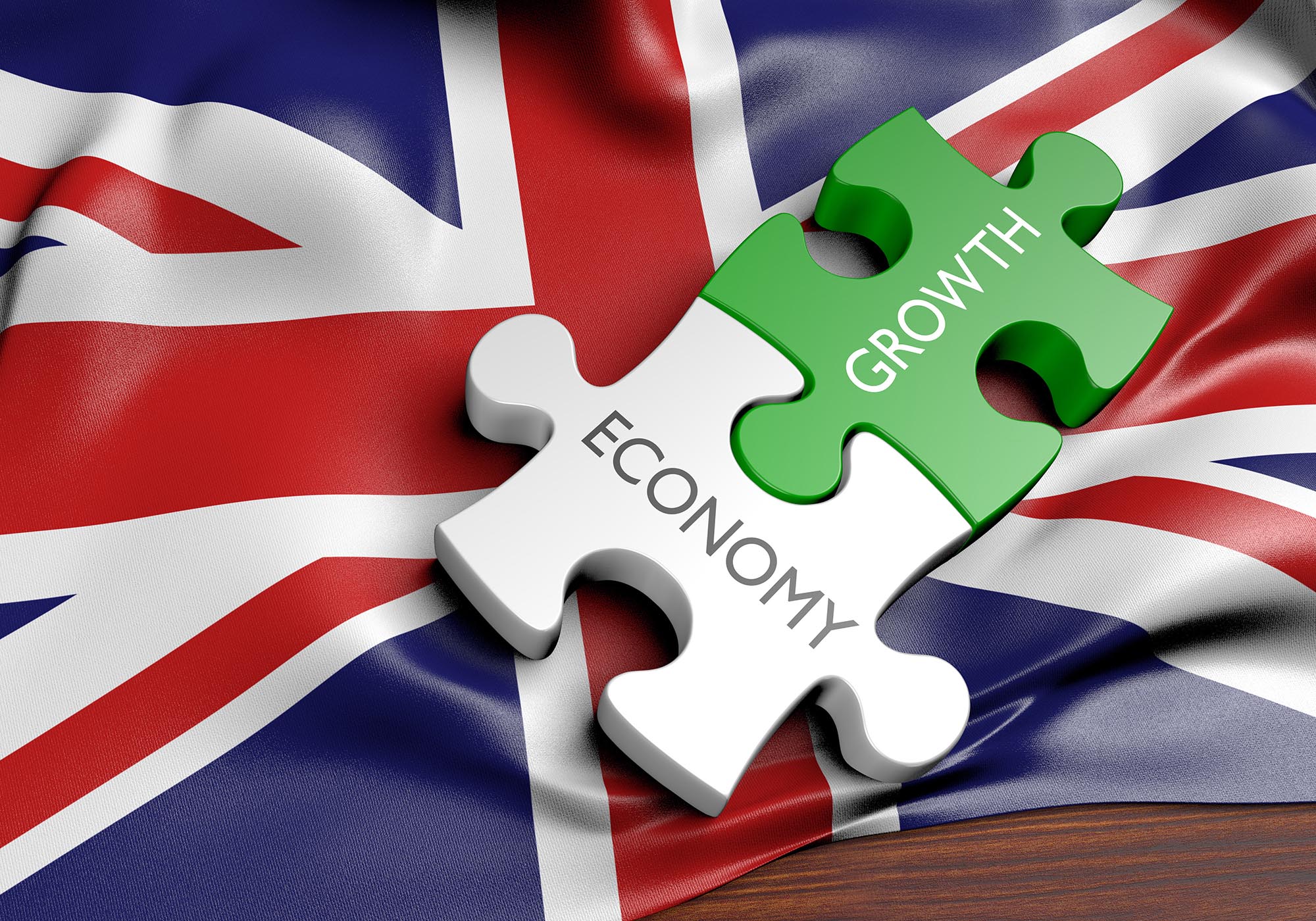UK shoppers spent £13.7bn on food shopping in the run up to Christmas 2023, according to Kantar.
Brits spent 7% more than on Christmas food shopping in the four-week lead up to the big day in 2022, as they sought out bargains and switched to budget supermarkets to try to offset price inflation.
Analysts found that the average household spent £477 across the month, an increase of £22 on the previous year.
Fraser McKevitt, head of retail and consumer insight at Kantar, said: “As we expected, this Christmas was a whopper. Friday 22 December turned out to be the most popular shopping day, when just over 25 million trips were made and consumers spent £803m in physical stores – that’s 85% more than the average Friday in 2023. Online’s share of the market held steady at 11.6%, as nearly one in five households got a delivery in for the big day.”
Kantar also reported that grocery price inflation fell to 6.7% in December, its lowest level since April 2022. Prices for sweets, eggs and frozen potato products rose fastest but prices fell for dairy items, including butter, milk and cream.
However, it was noted that despite the reduction in food inflation, many consumers were still feeling the pinch as prices are still increasing, albeit at a slower rate. Nearly one third of all spend in the four weeks to Christmas Eve was made on items with some kind of offer, the highest level since December 2020.
McKevitt added: “The rate of inflation is coming down at the fastest pace we have ever recorded, but consumers are still facing pretty hefty pressures on their budgets. Retailers were clearly working hard during the festive period to offer best value and win over shoppers.”
According to Kantar, Christmas is generally a time in which traditional retailers outperform their rivals. It found that Tesco, Sainsbury’s, Asda, Morrisons and Waitrose accounted for a combined market share of 70% during the 12 weeks to 24 December.
Sainsbury’s reached its highest market share for three years during the most recent period, rising to a 15.8% share. Tesco continued to lead the market, with a 27.6% share.
Budgeters win the Christmas food shopping war
Budget supermarkets Lidl and Aldi were the strongest performing retailers during the 12-week period. Lidl increased its sales by 13.8%, and Aldi’s sales rose by 9.9%.
Sue Davies, Which? head of food policy, said: “While it is very positive to see grocery inflation is slowing, the fact remains that consumers paid record amounts to put food on the table last month, and have seen their spending at the supermarket rocket since this time last year, leading to serious hardship for many.
“As consumers still find themselves often having to spend more to get less, it is imperative that the government and supermarkets continue to do everything they can to support vulnerable customers, including by ensuring cheaper budget ranges are available in local convenience stores.”





